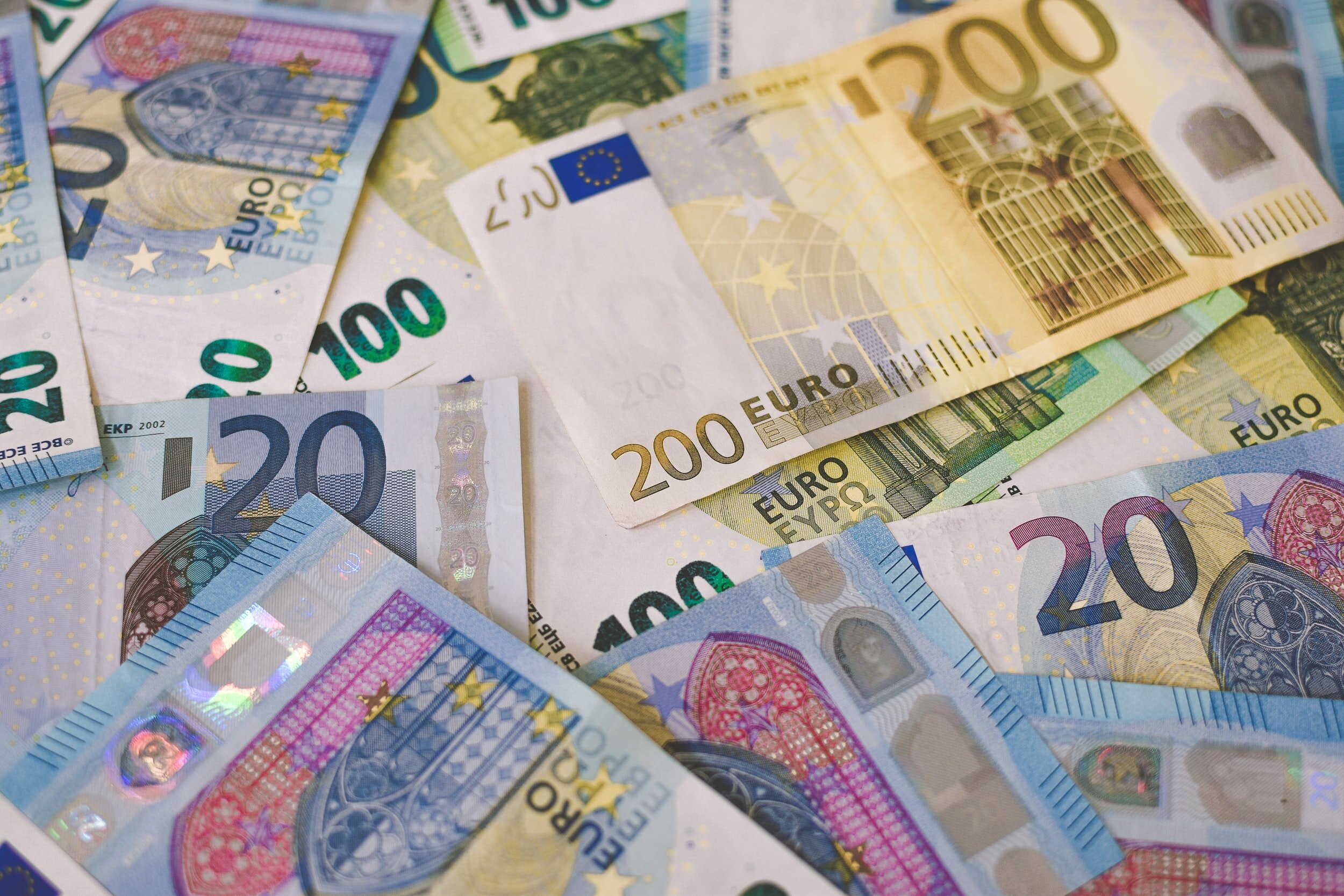
4th EU-Japan EPA Forum & Round Table Series
M&A will likely play a prominent role in strengthening European company growth in the coming months, but only for those who are most prepared.
On the global stage, collaboration between the EU and Japan on climate and sustainability issues is crucial and can make a real difference. We have many encouraging signs of accelerated climate action in other countries, including the United States. The Climate Summit convened by President Biden was an important milestone, but we must continue to ramp up our ambition we approach COP26 later this year.
To revitalize Japan’s aerospace sector, JAXA’s mid- to long-term plan has identified six issues as high priority policy objectives to be addressed. The Japanese government issued the “Space Industry Vision 2030” in 2017. Under this vision, the space industry is regarded as a driving force to advance the fourth industrial revolution, and space is positioned as a frontier to create growth industries in addition to improving the productivity of other industries.
BOJ: It has been said now is the time for a ‘Great Reset’ around the world in the wake of the pandemic. In recent years, due to increased awareness of capital efficiency and the aging of CEOs, the number of buyouts by PE funds in Japan has increased led by carve-outs and business succession-oriented deals reflecting a need for further corporate restructuring.
This year marks the second revision of Japan’s Corporate Governance Code, a set of principles for institutional investors. The three main points in the Revision include “Enhancing board independence,” “promoting diversity,” and “sustainability and ESG.”
Companies with diverse board or team members achieve higher profits, reduce turnover, satisfy team members and enable better communication with new consumer groups. The current discussion on diversity, equality and integration gives many companies the opportunity to draw from a larger and more innovative resource pool.
The view from Japan is that Europe is a stable region with mature markets and infrastructure, but has less dynamic growth potential than some other regions of the world. Notably, the CEE countries offers a well-educated yet large and affordable labor force, as well as good industrial assets and a proximity to Western Europe.
While most of Europe remains in the grip of another wave of the COVID-19 pandemic, M&A activity in the region has already rebounded, even despite some large deals encountering political opposition. However, the pandemic has reinforced existing trends to increasingly scrutinise foreign investment in strategically important sectors.
Japan recently issued a report called “Governance Innovation”. A new framework for innovation governance in various layers, including regulatory, corporate, infrastructure, market and social governance for Society 5.0
Never before has the stakeholder universe been more complex. There is no effective reputation building and protection without a strategic, pro-active approach to public relations and communications for all stakeholders simultaneously.
Cities across the world are undergoing major transformations owing to population growth, environmental changes, rapid urbanisation, changing demographics among other factors. Such changes are expected to create a huge demand and supply gap for key facilities which cannot be addressed without the intervention of technology.
Two years after the EU-Japan EPA entered into force in February 2019, trade between the EU and Japan has reached 170 billion euros a year. On February 1, 2021, the EU and Japan agreed to expand the Geographical Indications (GI).
What happens when you bring together a passionate group of industry leaders, policy makers, academics and business practitioners to engage, debate and share ideas?
Despite a downbeat outlook from economists, Eurozone companies express confidence in their double-digit growth and M&A ambitions.
AI is big news - but it raises big legal questions. Here we consider: how can businesses protect their rights in content created by AI? And how can we ensure that AI systems are used responsibly?
It is becoming increasingly obvious that in an era of rapid technological change and intensifying global competition that relying on the traditional ‘all-Japan’ solution has its limitations. Attracted particularly by the innovative qualities and global outlook of European companies, the Japanese are turning to Europe for solutions.
A&O: The increasingly unpredictable political, regulatory and economic environment faced by investors has led commentators to suggest that 2019 may see a downturn in global M&A activity. But while uncertainty will definitely present significant challenges for investors, we believe there will be just as many opportunities for those who remain agile and ambitious.
A system for Japan and the EU to mutually protect names that connect certain agricultural products, etc. with the place of their production as geographical indications (GI) was introduced on February 1, 2019 with the coming into force of the EU-Japan EPA.
Japan and the EU are global partners sharing fundamental values, such as democracy, the rule of law and basic human rights ... [We have a responsibility to promote] free and fair common rules — that are suitable for the 21st century — around the world.
The future of the multilateral trading system has been brought into question in recent years, with a growing climate of protectionism. In the face of this, the EU and Japan are ready to stand shoulder-to- shoulder in defence of open global trade.
The Japan-EU EPA will create one of the largest free and advanced economic zones in the world. Namely, it will form a huge economic zone with approximately 640 million people, 28 per cent of the world’s GDP and 37 per cent of the world’s trade.
The rationale behind this and other trade agreements is simple but seems worth repeating. In Germany, every fourth job depends on exports. Today’s complex value chains and, building on their particular strengths and resources, can sell and buy more products at more affordable prices if they join free trade agreements.
The EU and Japan are leading the way towards free and fair trade to capture the benefits of globalisation and create more economic growth capture the benefits of globalisation and create more economic growth and jobs. Both sides are committed to the highest levels of labour, safety, environmental and consumer protection standards and fully and jobs.
The EU is arguably the world’s best model of integrated economies, making it an ideal EPA partner for Japan. Studies show that the successful conclusion of an ambitious trade agreement between the EU and Japan could deliver a potential 32.7% increase in EU exports to Japan. Japanese exports to the EU could rise by as much as 23.5%.
There’s no trade in an online world without a global Internet. It is critical to ensure the functioning of Smart Industries and Internet of Things, and the interoperability of respective ICT policies such as the EU ‘Digital Single Market’ and Japan ‘Society 5.0’. Therefore, we encourage the same parties to pursue the same objectives at the G20 and G7 summits.
According to the European Commission, the agreement will be especially beneficial for certain industry sectors; pharmaceuticals, medical devices, food & beverages, motor vehicles and transport equipment. With the exception of food, these areas are well-matched with Swedish exports to Japan.
Many of Japan’s leading companies are located in the Netherlands. They represent a wide range of industries: from chemicals to electronics and from creative to financial. Deploying a vast array of activities in the Netherlands, from R&D to Manufacturing, Marketing and Sales to European headquarters.



























